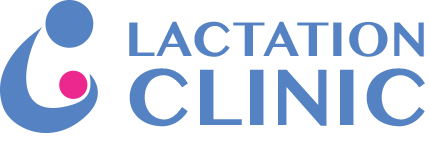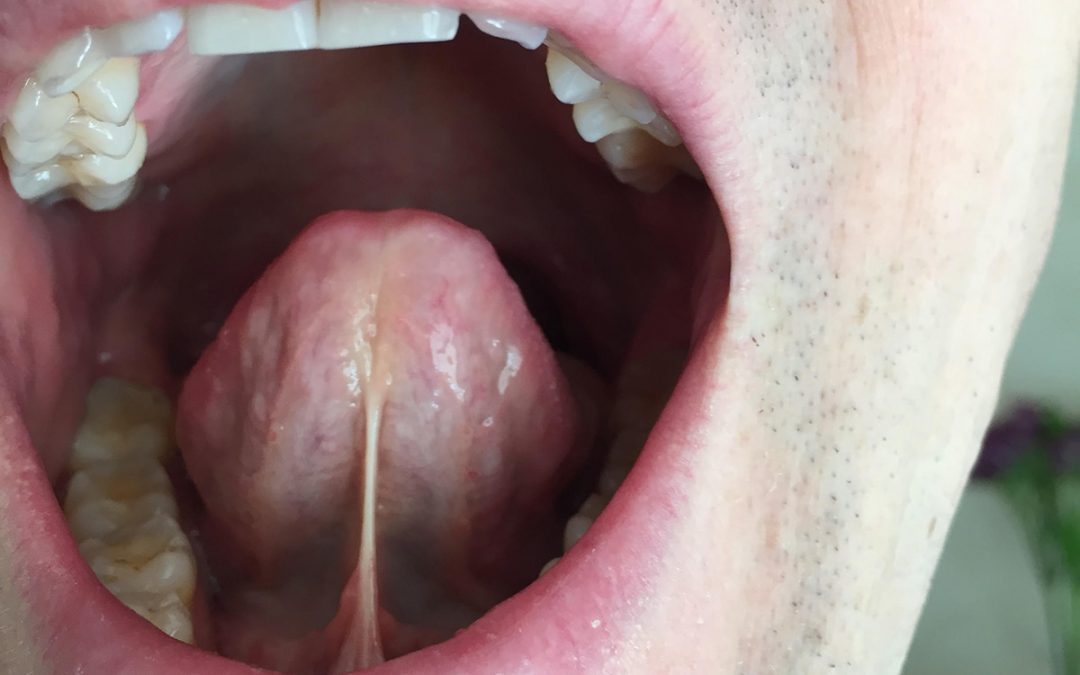As Lactation Consultants, we visit many homes and often get to meet the whole family of a breastfeeding parent and a baby. The partners, grandparents and siblings receive the benefit of learning about our consultations and what our work is all about. During the years of my private practice, I’ve amassed a collection of unique cases and took several insightful pictures. Featured photo in this post is of a dad of my little patient, who was so kind to open his mouth and allowed me to take a picture of his tongue for educational purposes.
If a baby has tethered oral tissues or so called tongue-tie and/or lip-tie, there might be substantial problems with breastfeeding: from the very sore nipples to longer feeds and low milk supply. Tongue plays a very significant role in the oral motor functioning, creating a vacuum and transferring the milk from the breast. Skilled Lactation Consultant can find tethered oral tissues and try to correct the positioning and latching of the baby, figuring out how much the anatomical structure impacts the function, and also refer a baby to a trusted healthcare provider (usually, a Pediatric Dentist) to confirm the diagnosis. If required, Pediatric Dentist would then offer to perform necessary corrections. It’s the baby’s parents choice to make an informed decision whether to go along with the procedure or not.
Shared here is a real story from one of our clients in Toronto:
“I had never heard the term tongue-tie until I became a first time parent. Within a couple weeks of bringing our new little guy home from the hospital I started having some breastfeeding issues. After a few days of pain and a “we need to fix this or quit” state of mind, we hired Oksana, a Lactation Consultant, to come to our home to provide support.
After the Certified Lactation Consultant examined our wee one she mentioned that his tethered oral tissues (tethered tongue tissue) condition may be contributing to the breastfeeding issues. After our session with the lactation consultant my breastfeeding improved immensely.
Towards the end of the appointment, our lactation consultant mentioned that oral ties could be hereditary, so both my husband and I stuck our tongues out at her – and it turned out my husband has signs of a tethered tongue tissue!! Like any “good parent” we started googling to educate ourselves about tongue-tie condition and immediately set up an appointment with a dentist specializing in paediatric tongue ties.
At the consult, our babe was diagnosed with a submucosal tongue tie, but corrective action was not recommended due to our successful breastfeeding. At this point my husband asked the dentist to take a look at his mouth. Immediately the dentist diagnosed him with a tongue-tie and my husband elected to have it corrected that day. We still laugh that we went in for a consult for our son and it was daddy who ended up having the procedure!
Immediately after the correction, my husband noticed a difference in how his tongue could freely move. And within a few weeks we noticed many other benefits too! I used to tease my husband that his snoring made me feel like I was sleeping next to a race track (with engines roaring away) was now almost completely gone (just the occasional purring type snoring). At 37 he was diagnosed with sleep apnea. We are looking forward to his next overnight assessment to see if the tongue tie has helped with that too!”.
Oral ties in adults are much more complex than in children as the adult has already adopted to the condition after living with it for so long. A decision to correct a tongue-tie and/or lip-tie for a grownup is often made based on several extensive tests and considerations, especially if it’s about posterior type of tongue-tie. Once in a while, however, it’s possible to meet an adult with a clearly visible tied tongue condition. The person may not even have a clue that they have such issue, which may even be the underlying cause of conditions like lisping or snoring, to name a few.
While a little baby may benefit greatly from proper bodywork along with an oral ties correction, it is almost obligatory procedure for an adult before and after oral ties correction. If you are considering doing the same, drop us a line, and we’ll be happy to refer you to the trusted healthcare providers.
If you require urgent help with breastfeeding:
Call or text @ 416-804-9300

